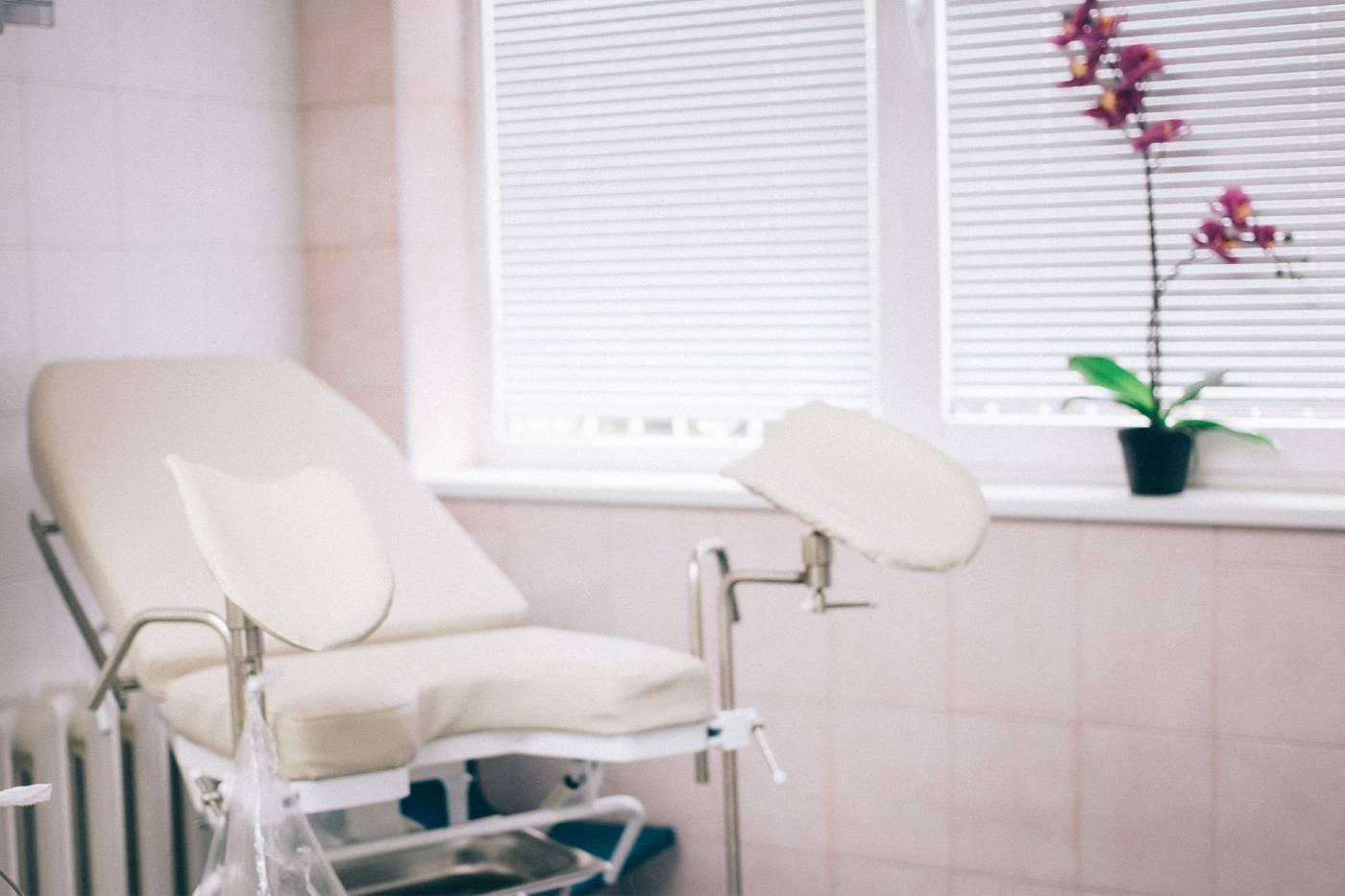PARENTS
What to Expect at Your Postpartum Checkup
Now that you’ve had a successful birth and your little bundle is here (hooray!), you still have to stay laser focused on your own health.

Written by
Happiest Baby Staff

Now that you’ve had a successful birth and your little bundle is here (hooray!), you still have to stay laser focused on your own health. Your body has been through quite an ordeal and it’s important to get checked at six weeks postpartum to make sure you’re healing well, both mentally and physically. Of course, if you have any concerns, you should hop on a call with your doctor to ask if you should be seen earlier.
The Physical Exam
Your postpartum checkup will include an exam checking your:
- Vital signs: Blood pressure can zoom up during labor…and afterward. So, it’s super important to have it checked. The office will also check your weight. (In general it takes nine months to gain the pregnancy weight and can take nine months to lose it.)
- Abdomen: Your doctor will feel your belly to see if your uterus is back to normal size. (Ask your doctor the best way to heal diastasis recti—that separation down the middle of the abdominal muscles.)
- Breasts: To check for lumps or unusual discharge, and if you’re breastfeeding, for sore nipples, mastitis or blocked ducts. If you’re struggling with breastfeeding, speak up! Your doctor can connect you with a lactation consultant.
- Birth incision: Most episiotomy incisions or tears heal well on their own, but if scar tissue has formed, your doctor may treat it by cauterizing it with silver nitrate. (This can sting, but the discomfort is short-lived.)
- C-Section incision: If you had a c-section, you will likely have seen your doctor already, but your scar will be checked again.
- Pelvic exam: A familiar OB/GYN rite of passage...expect an internal exam if you’re due for a pap smear, or as another way of checking your uterus.
- Urine: To screen for infection.
- Blood: Most new moms will not need a blood test, but if you had gestational diabetes during your pregnancy, you doctor may want to make sure that your blood sugar has returned to normal. A blood test can also check for anemia if you lost blood during birth.
- Vaccines: If needed, you’ll be brought up to date on any missing immunizations to protect you…and Baby!
- Pelvic floor: Your doctor will want to know if you’re having any trouble going to the bathroom or holding it in. Urinary incontinence following birth is common and can be resolved with Kegel exercises.
Your body is likely to feel more tender than it has at past appointments, but the checkup shouldn’t be especially painful—especially not compared with labor and birth!
Getting the Greenlight for Sex
At six weeks, your doctor will often give you the go ahead to resume having sex. That just means your body can physically handle it…only you know if you’re emotionally ready. Sometimes new moms just feel too exhausted or “touched out” for physical intimacy, so trust your own instincts. If you’re ready to have sex but are worried it will hurt, your doctor may recommend (or even give you) a prescription lubricant to help out, so it’s worth asking.
Of course, getting back in the bedroom means thinking about birth control. Even if you are hoping to grow your family further, you’ll want to give your body time to heal first. Talk to your doctor about adjustments you may need to make to your birth control plans. For instance, breastfeeding moms who previously took birth control pills might need a lower hormone pill.
Postpartum Depression Screening
Your physical condition isn’t all your doctor cares about. In addition to the above, your physician should check on your mental/emotional wellbeing and screen you for postpartum depression, which affects about 1 in 5 new moms. This is no time to play the hero—be honest so that you can get any help you might need.
Do you bring your baby to your postpartum checkup?
While it is not necessary to roll up with your baby in tow, it is often the most convenient option. Just make sure to bring your carseat or stroller as a safe place to park your little one during your exam. Luckily, at 6 weeks old, infants are very portable and sleep a lot during the day. Baby will probably snooze right through your appointment, but if they scream their head off instead? It’s nothing your doctor hasn’t heard before!
Questions you may want to ask your doctor at your postpartum checkup:
Now is not the time to be hesitant or shy. Ask your doctor about anything that is bothering you physically...or mentally. You may want to bring a list of questions and plan to take notes on the answers. Here are some questions that may be on your mind:
- When will the “baby blues” pass?
- Why is my hair falling out?
- When will I feel normal again?
- What kinds of exercise are safe to do?
- What if I’m cleared to have sex but I don’t feel ready?
- What if I do want to have sex but I’m afraid it will hurt?
- What kind of birth control is safe while breastfeeding?
- If I had gestational diabetes, am I more likely to develop type 2 diabetes—and should I alter my diet?
- Can you recommend a therapist who specializes in postpartum depression or anxiety?
Remember, there are no embarrassing or dumb questions. Your doctor has heard them all before, so ask away!
Disclaimer: The information on our site is NOT medical advice for any specific person or condition. It is only meant as general information. If you have any medical questions and concerns about your child or yourself, please contact your health provider.
SHARE THIS ARTICLE
MOST LOVED
Sleepytime Sidekicks












